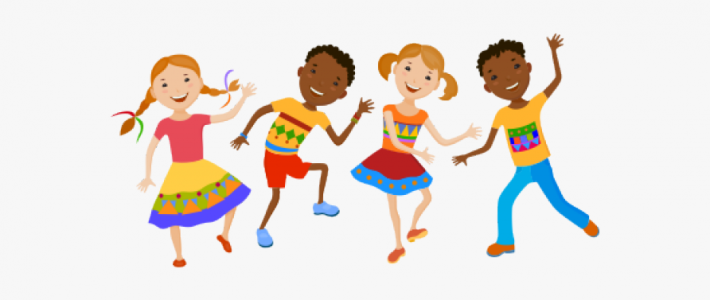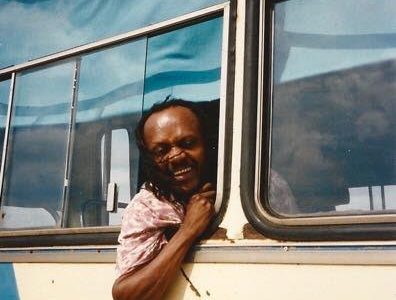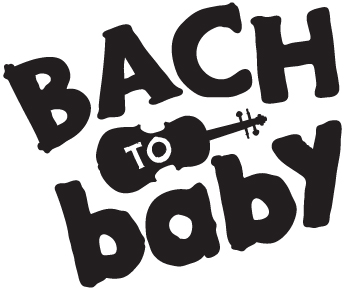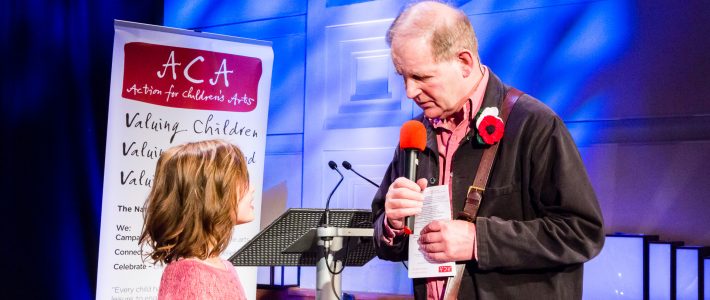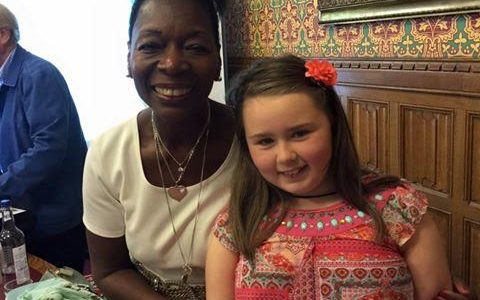The critically acclaimed classical series Bach to Baby, is set up by mum and pianist Miaomiao Yu after becoming frustrated at not being able to take her children to the sort of quality classical music concerts that she regularly enjoyed as a professional musician.
Miaomiao, an award-winning pianist, wanted to perform for her son in a concert setting, but found it unrealistic for many reasons, including the late nights.
“And then I thought, this is silly: why not play for him and his friends and other babies and toddlers, at a kid-friendly time? The idea grew from there,” said Miaomiao, who is also a professor of piano at the Guildhall School of Music and Drama.
Miaomiao set about to design a rigorous musical programme for babies that wouldn’t have been out of place at the Proms. Programming range from Bach to Barber, from Chopin to Shostakovich. “I didn’t want to dumb it down for children. Studies show the positive effects of classical music and children are like little sponges at this stage. Why shouldn’t they be allowed to experience the same high calibre performances as that enjoyed by adults in the best concert halls of the world?” asks Miaomiao.
“I’ve been bringing my son Aubrey to concerts since he was 2 weeks old. He listened and slept and bounced to music,” says the mother of two rambunctious boys. “He is enthralled, and proves my theory that children will thrive in a concert setting as long as they are given the opportunity in the first place.”
Miaomiao was encouraged by the overwhelming response to her first concert — one fan posted this video on Twitter . Bach to Baby now performs in 46 venues across London, Surrey, Kent, Thames Valley, and Essex, with special events at the Queen’s Gallery, Buckingham Palace and the Royal Albert Hall.
Instead of playing at modest community halls, venues with a specific sense of atmosphere were chosen. “I want babies to enjoy sophisticated music and that’s aided by fantastic atmosphere and acoustics, as well as fabulous guest artists, ” said Miaomiao, adding that exhausted parents deserve an inspiring setting as much as anyone.
Being a mum first and foremost, Miaomiao welcomes all the frenzy that comes along with being a parent of a young child. “It’s about Mozart and Bach, feeding and crying, and dancing to music – all of it,” said Miaomiao. “We haven’t made it through a concert without at least one nappy change. That’s the way it should be,” she said.
Concerts run from weekday mornings and afternoons, as well as Saturdays in locations across the South East. Their pre-concert “ Monmouth Coffee Mingle” offers much needed calories and company for mums.
